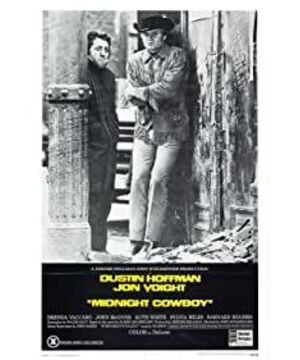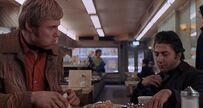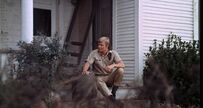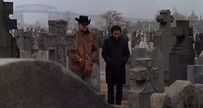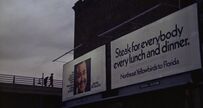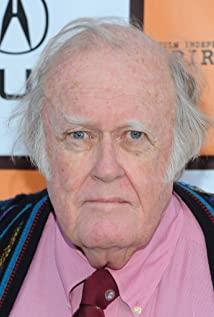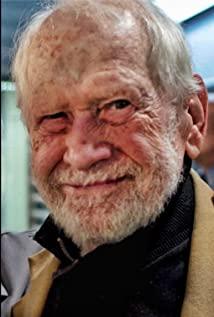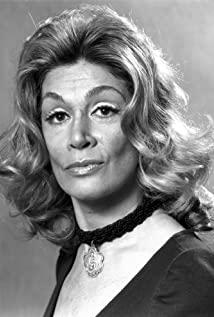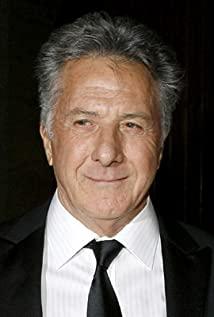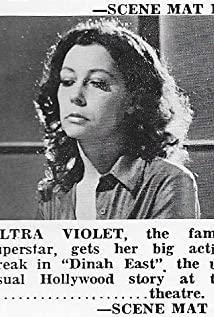After more than ten years, after watching this film again, I have gained a new experience in the music, editing, and script progression, and I have slowly chewed more flavors of such a boy-man's growth history. .
I'd say I'm a firm believer that Joe is gay - if one uses some sort of learned interpretation. Only for the information received from the film, especially the flashbacks, we can see Joe as a boy. In the beginning, it was two women who influenced and built his man's self-confidence: the grandma who continued to give shelter and praise, and the one who was in bed. Annie, a girl whom Kama has been calling for love. Grandma's love has given her a lot, so that the ignorant little Joe has repeatedly affirmed his appearance; the vague Annie clip is like a dream, and the girl has repeatedly conveyed the affirmation of "one & only" in bed. Immediately afterwards, as the days in New York became more and more frustrated, the flashback fragments gradually sank into the negative and confrontational parts. The grandmother is no longer accompanied by her body, and even has a mature male companion as a substitute; the girl is just a trance-like Yachi, and the only compliment at the bedside is not the only one at all.
Finally, in reality, Joe's life took a turn for the worse. Mature women are indeed his first choice from childhood to adulthood, but in the end they can only end up wandering around in the fagot crowd. At this time, the memories also unfolded to the most painful side of him: in the fragmented cross-cuts, there are all kinds of involuntary mental and physical destruction, and the two old and young women are already in gray. Completely betrayed him in the past.
At the beginning of the film, Joe is full of youthful air, with blond hair and blue eyes and a blunt face. Under his honey-colored skin, the vitality of the western sunshine and oil is surging; After a few hits, under the physical and mental torture, the pride of the cowboy wrapped in the shirt, riding boots, can no longer hold up this layer of plausible masculinity. He never really grew into that man.
At this time, it was another man who gave him redemption. I'm not getting into how Rico is emotionally related to Joe here. For the most part, Joe shouldn't be able to define his own relationship with this little lame man. Rico's appearance is not conscious, a feisty little citizen lives a precarious life, and it is only the driving force of "survival" that makes him choose to stick with this boy. And for Joe, the dwarf in front of him finally frees him from the cost risk of a big city trust crisis, because he's been able to see what he has. Joe has a pure nature and refuses to hurt. In his relationship with Rico, he has unconsciously become the one who has been providing care (although in his opinion he is living under the other's fence), this spontaneous emotion is closely related to his own attempts to The masculinity created by appearance is separated, but the real masculine attribute is achieved. On the other hand, Rico never rescued him, he just provided himself, including his Florida dream, and wrapped it up into a material for Joe's spiritual growth.
At the end of the film, under the warm Florida sunshine, Joe finally slowly revealed his life insights after a painful experience in the metropolis. At this moment, he no longer dreamed of a castle in the air, but only wanted a stable life; discarded his favorite shirts and boots , not only changed his clothes himself, but also helped Rico change into a shirt with palm trees printed on it. In the end, Joe closed his eyes and didn't cry; this stage of growth was complete, and in this period, he was the support of the man beside him. The men continue on their way, and I call them comrades in this last period of incorporeal company.
View more about Midnight Cowboy reviews


